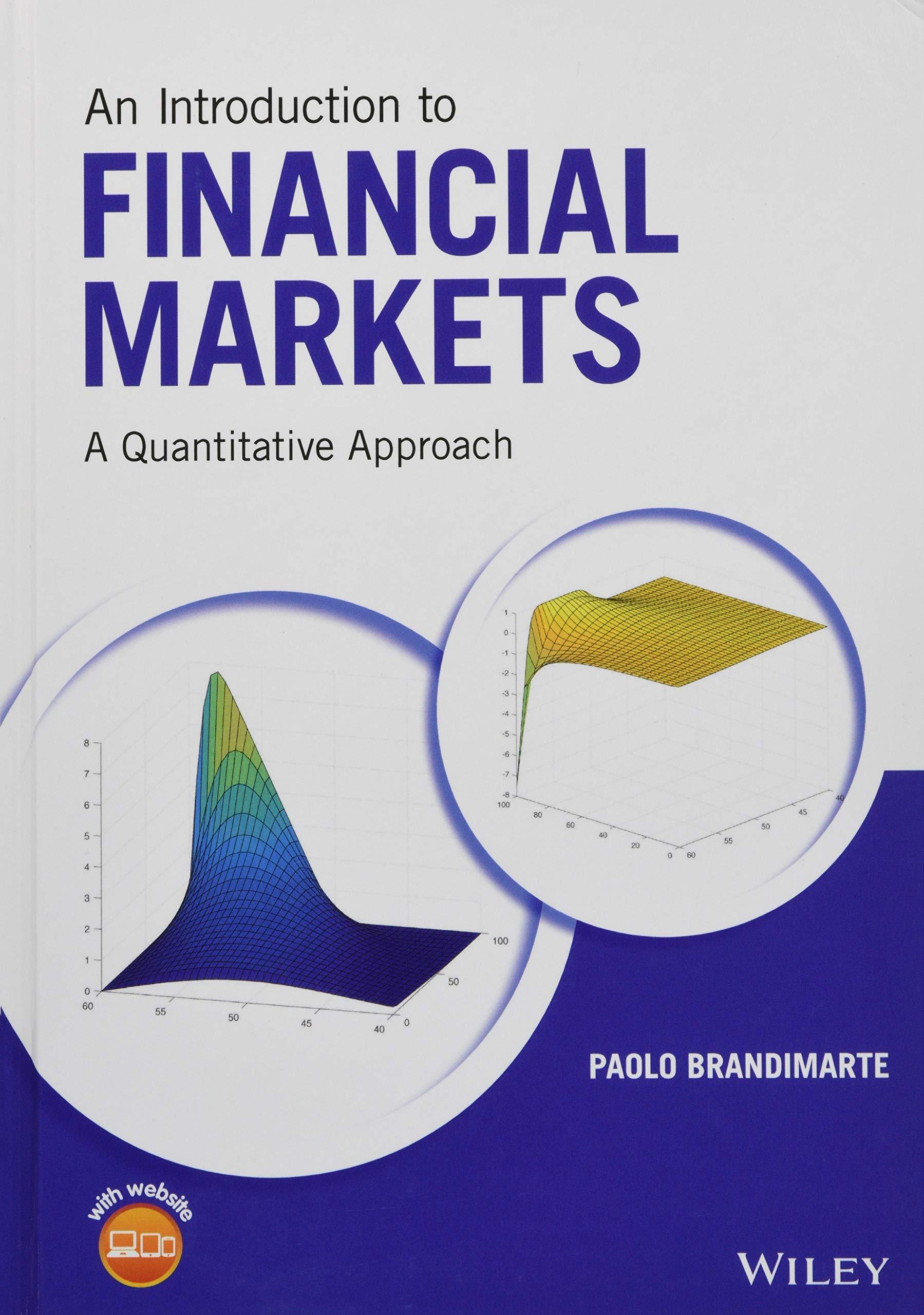October 19, 1987, is an infamous day in financial history, better known as the Black Monday of
Question:
October 19, 1987, is an infamous day in financial history, better known as "the Black Monday of 1987." On that single day, the Dow Jones Industrial Average (DJIA) dropped by \(22.61 \%\), and other indexes did not fare much better. The analysis of the causes of this global market crash is controversial, but the use of automated trading to implement portfolio insurance strategies has been often blamed as one of the potential culprits.
Whether this is true or not, it is clear that the strategy that we have outlined may suffer from a fatal flaw: We take for granted that uncertainty and risk are exogenous and not affected by our trading activities. In other words, we disregard the market impact of our trades. However, on the one hand, markets can lose liquidity and depth, and on the other one, even if each individual trader is no big fish enough to affect prices in the pond, risk may be endogenously generated if many traders pursue similar strategies. In portfolio insurance, we sell assets when prices go down, which in turn may trigger further selling orders if market impact is significant. This may create a vicious feedback cycle.
Whether automated trading was the only reason behind the Black Monday is debatable, but one thing is sure: Some traders who held true put options, not synthetic ones, made a fortune on that day.
Step by Step Answer:

An Introduction To Financial Markets A Quantitative Approach
ISBN: 9781118014776
1st Edition
Authors: Paolo Brandimarte





